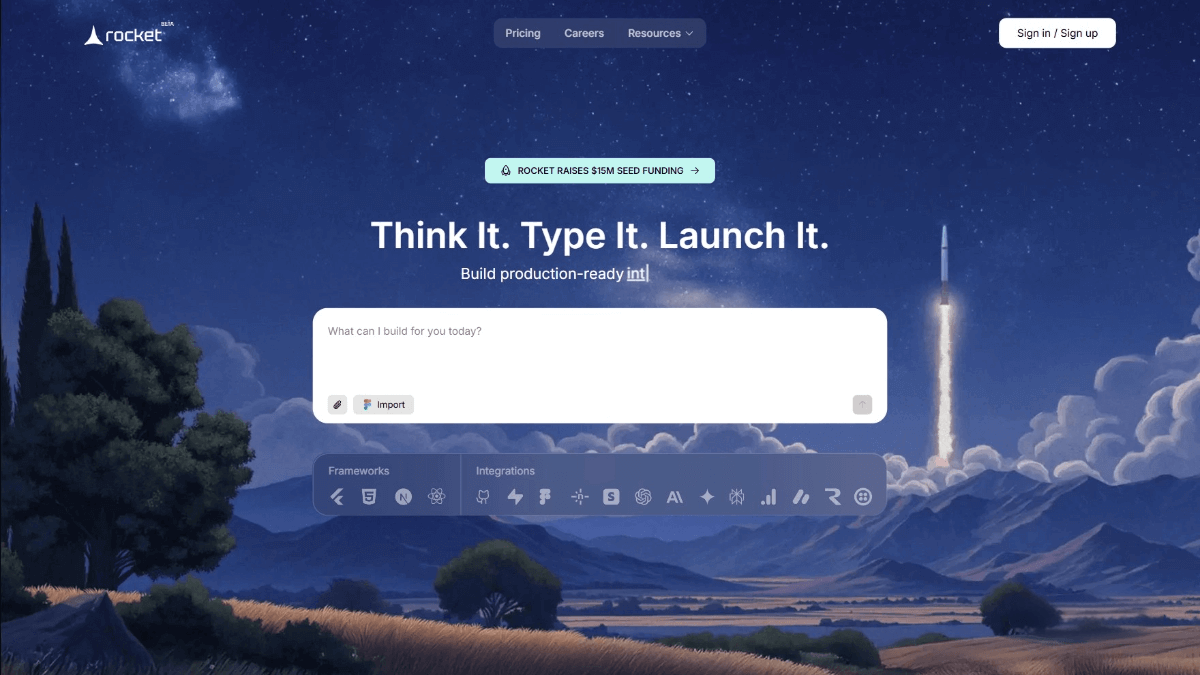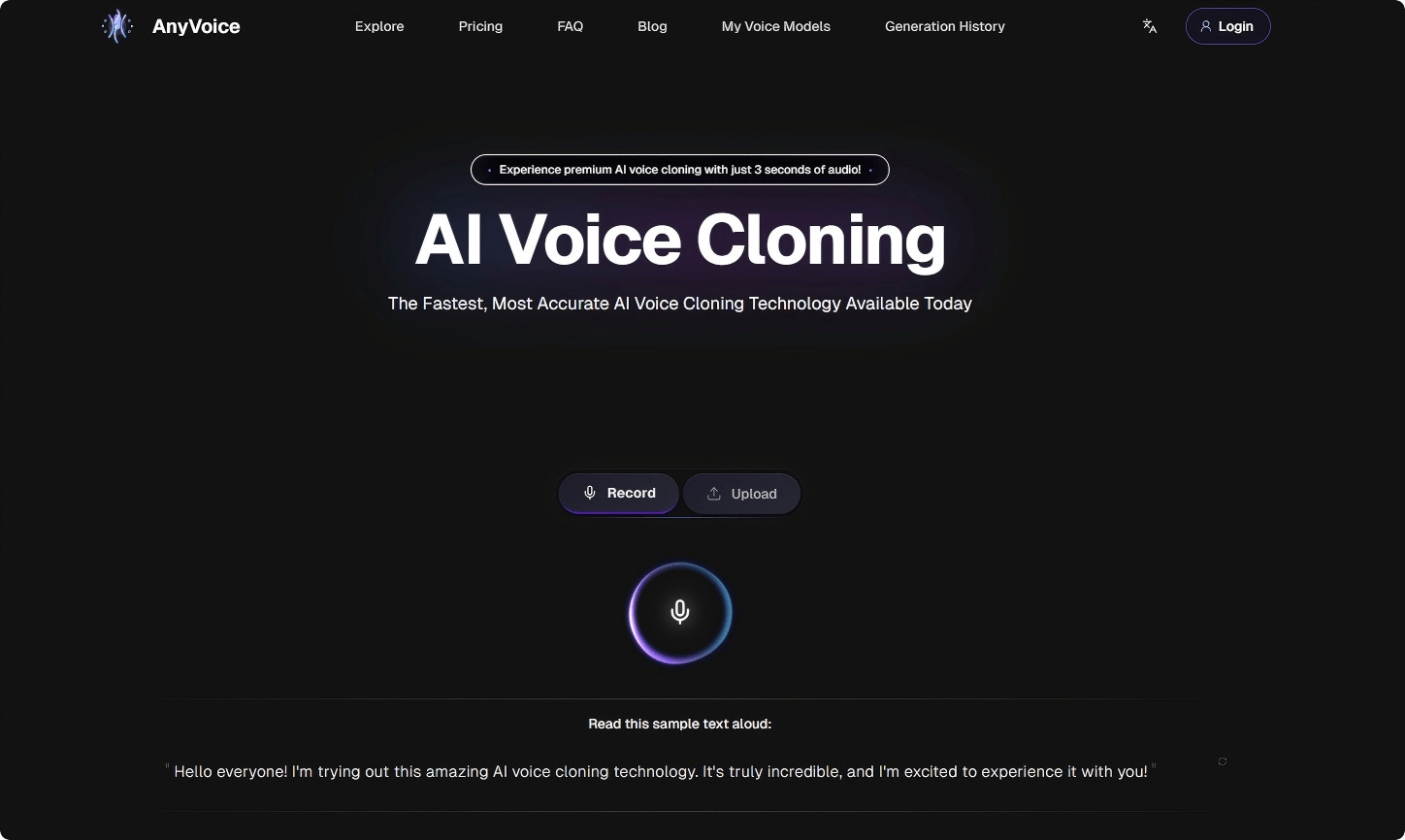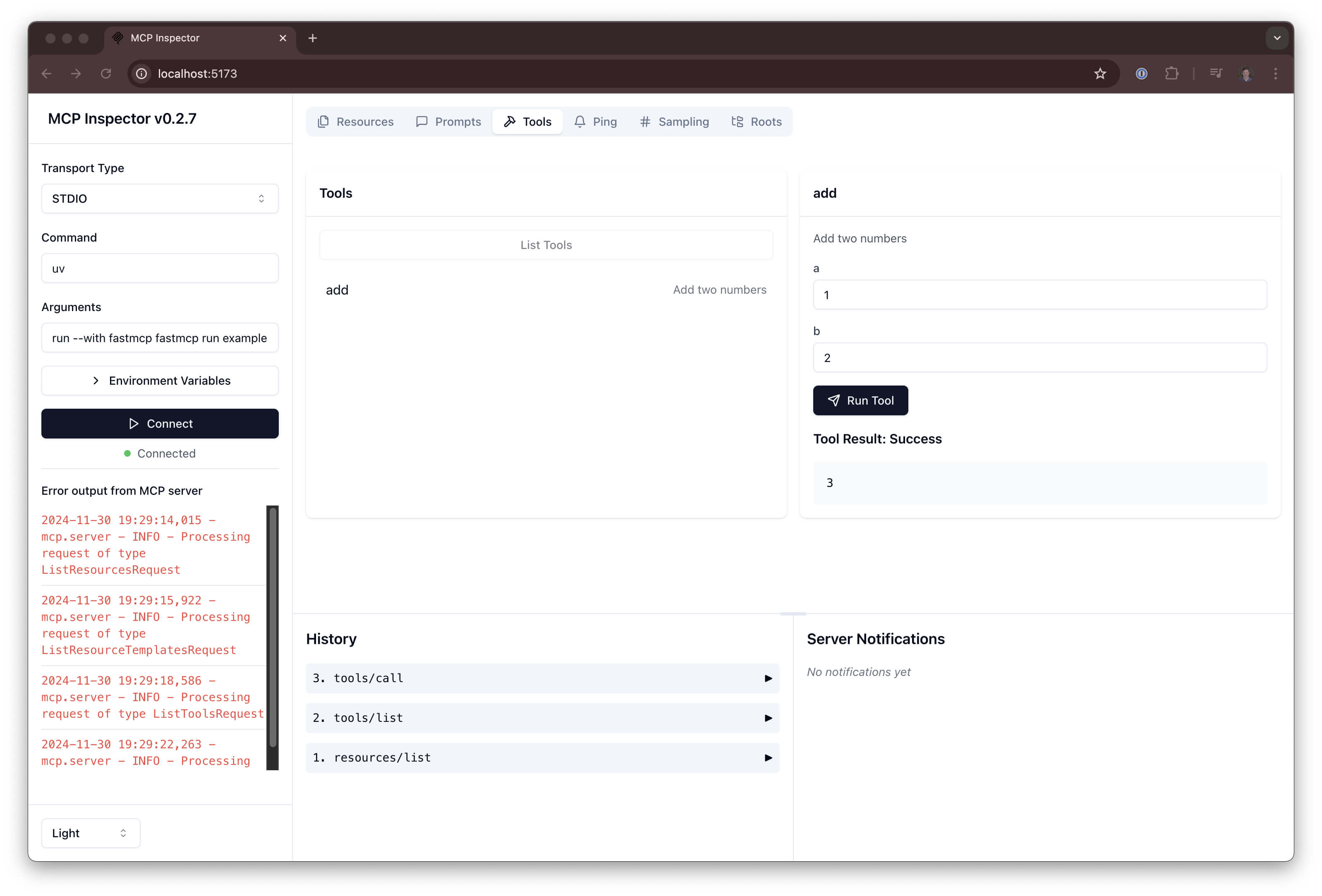MobileLLM-R1 – A specialized efficient reasoning model series launched by Meta
What is MobileLLM-R1?
MobileLLM-R1 is a series of efficient reasoning models launched by Meta, specifically designed for mathematics, programming, and scientific reasoning. The series includes both base and final models, available in 140M, 360M, and 950M parameter versions. These are not general-purpose chat models; instead, they are task-specific models fine-tuned with supervised training (SFT), focusing on efficient reasoning for specialized tasks.
The MobileLLM-R1-950M model was pre-trained with only about 2 trillion high-quality tokens, with a total training corpus of fewer than 5 trillion tokens, yet it performs exceptionally well across multiple benchmarks. For example, in math benchmarks, its accuracy significantly outperforms peer models such as Olmo 1.24B and SmolLM2 1.7B. In programming evaluations, it also achieves much higher scores than other models, demonstrating strong reasoning and code generation capabilities.

Key Features of MobileLLM-R1
-
Mathematical reasoning: MobileLLM-R1 excels at solving math problems and handling complex equations. For instance, in math benchmarks, it significantly outperforms peer models such as Olmo 1.24B and SmolLM2 1.7B, showcasing robust mathematical reasoning abilities.
-
Programming capabilities: The model delivers outstanding performance in programming tasks, capable of generating high-quality code. On the LiveCodeBench benchmark, it far surpasses other comparable models. It supports multiple programming languages, including Python and C++.
-
Scientific reasoning: MobileLLM-R1 can handle complex, science-related tasks, supporting scientific research and education.
-
Efficient reasoning: Designed for efficiency, MobileLLM-R1 is well-suited for resource-constrained environments such as mobile devices. Its architecture has been optimized for low-power and low-memory operation without sacrificing performance.
-
Supervised fine-tuning: The models have been fine-tuned (SFT) for specialized tasks, rather than serving as general-purpose chatbots, allowing them to deliver precise and efficient solutions in their targeted domains.
-
Reproducibility: Meta has released the full training pipeline and data sources, ensuring reproducibility for research and enabling further development.
Technical Principles of MobileLLM-R1
-
Pre-training and fine-tuning: MobileLLM-R1 is built on large-scale pretraining, where it learns patterns and structures of language from massive text corpora through unsupervised learning. It is then fine-tuned with supervision for task-specific reasoning in math, programming, and science, improving its ability to generate relevant and accurate outputs.
-
Efficient architecture design: The models adopt efficient architectural designs that optimize computational efficiency and memory usage, allowing them to run effectively in constrained environments like mobile devices while maintaining strong performance.
-
High-quality data training: MobileLLM-R1 was trained on high-quality datasets, enabling the models to acquire accurate and useful knowledge. The carefully curated training data makes the models more reliable across a variety of tasks.
-
Task-specific optimization: The models have been specialized for mathematics, programming, and scientific reasoning. For instance, in math reasoning, they can parse complex formulas and logic; in programming, they generate accurate code snippets; and in science, they can handle complex problem-solving related to research.
-
Scalability and reproducibility: Meta provides the full training pipeline and datasets, allowing researchers and developers to reproduce the training process and build upon the models, fostering openness and advancement in the field.
Types of MobileLLM-R1 Models
-
Base models: MobileLLM-R1-140M-base, MobileLLM-R1-360M-base, and MobileLLM-R1-950M-base. These are pretrained models without task-specific fine-tuning, serving as the foundation for further optimization.
-
Final models: MobileLLM-R1-140M, MobileLLM-R1-360M, and MobileLLM-R1-950M. These models have undergone supervised fine-tuning for specific domains such as math, programming, and science, offering superior task performance and more accurate reasoning.
Project Links
-
Hugging Face model collection: https://huggingface.co/collections/facebook/mobilellm-r1-68c4597b104fac45f28f448e
-
Online demo: https://huggingface.co/spaces/akhaliq/MobileLLM-R1-950M
Application Scenarios of MobileLLM-R1
-
Math education and learning: Assists students in solving math problems, providing step-by-step solutions and explanations, and supporting teachers in instruction.
-
Programming assistance: Helps developers with code generation, debugging suggestions, and optimization, improving programming efficiency.
-
Scientific research: Supports researchers in data processing, experiment design, and results analysis, accelerating research progress.
-
Mobile applications: Runs on mobile devices to provide convenient intelligent assistance, such as quick Q&A and task execution.
-
Educational resource development: Powers educational software and online courses, offering personalized learning experiences and content generation.
-
Industrial automation: Assists in areas such as fault diagnosis, process optimization, and automated control, enhancing productivity in industrial settings.
Related Posts




